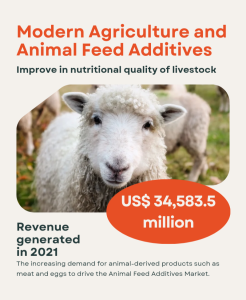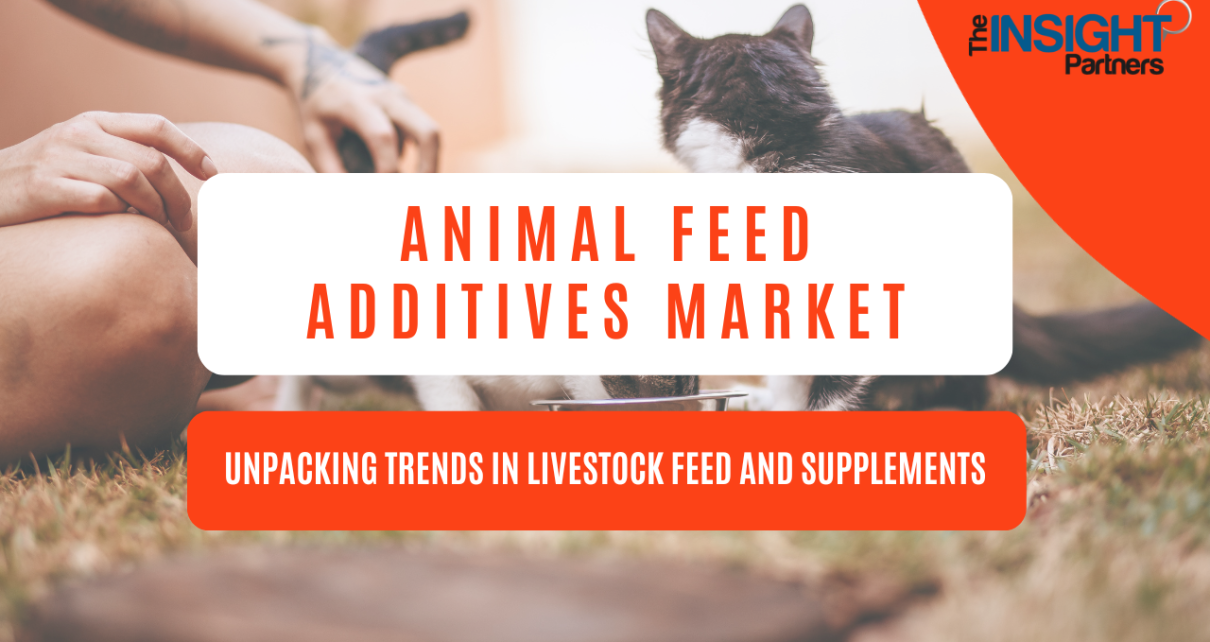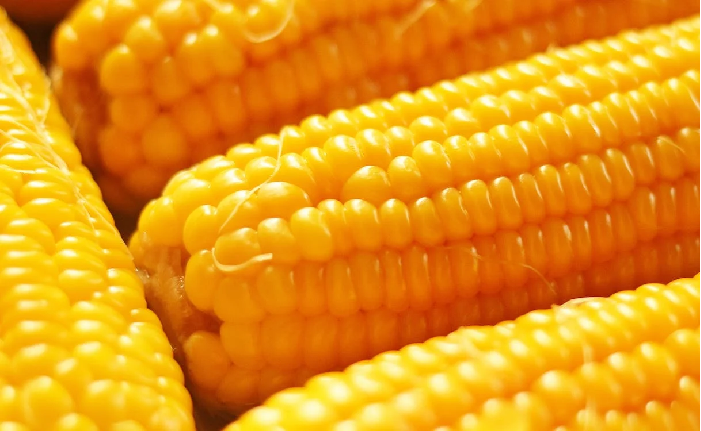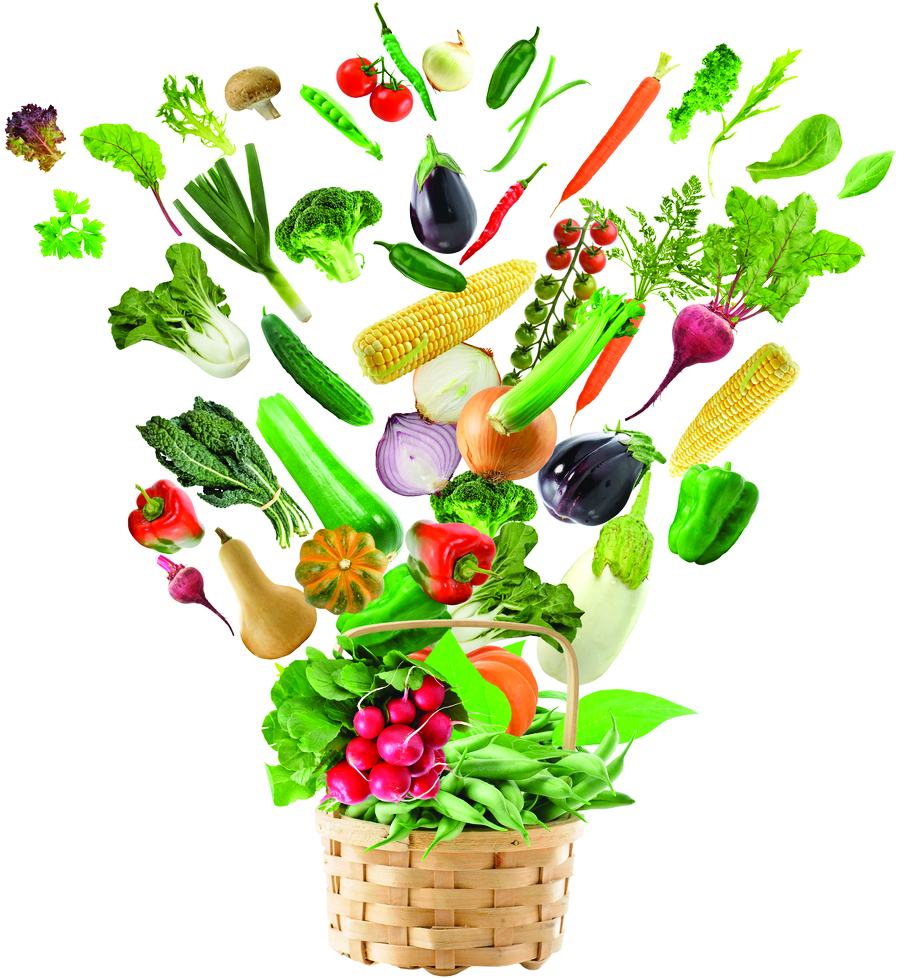The animal feed additives market encompasses a wide range of substances included in animal feed to enhance nutritional content. Animal feed additives aid digestion, improve feed quality, and promote animal health and growth.
The animal feed additive market has gained significant traction in recent years. Over the last few years, vet health has developed as technology has grown rampantly. This brings competition among large animal feed additive companies. I used these additives in livestock production across various species. Poultry, swine, cattle, aquaculture, and pets are some of these species. Feed additives are essential for animal growth as they contain common vitamins, including A, D, E, and various B vitamins.
The onset of several diseases in livestock has underlined the need for healthy animal feed options. Disruptions in the supply chain and the global lockdown hampered the animal feed additives market growth. Historically, the bizarre outbreak of the COVID-19 pandemic disrupted the sales of meat, poultry, and fish.
The animal feed additives market will experience rapid growth with a CAGR of 5.4% through 2028. With an uptick in animal product demand, leading producers are engaging in intensive research and development. The development of efficient feed additives will augment the market growth through 2028. Key animal feed additives market players have the intent of finding healthy ways to fill the nutritional gaps in animals. This will improve the yield.
The adoption of digital technology in livestock is increasing at an alarming rate. Digital diagnostics compile data from countless animals to enable precision care. The benefits include improved traceability, more lifespan, and disease monitoring on the farm. The global animal feed additives market is likely to expand on account of these factors.
Role of Animal Feed Additives Market in Revolutionizing the Agriculture Scenario
In modern agriculture, the animal feed additives market is very significant. The demand for animal-derived products such as milk, eggs, and meat is likely to increase with the global population increase. This demand can be truly met with healthy livestock. Farmers opt for animal feed additives to improve the nutritional quality of their livestock. To ensure a balanced diet for animals, diets rich in animal feed additives are used.
Animal nutrition chemicals cater to various animal segments based on physiology and production purposes. These chemicals play a vital part in enhancing animal growth and improving reproduction and health. The rising focus on maintaining optimal animal health drives the need for nutritional supplements. It also ensures improved immunity and disease prevention in animals.

Interference from governing and regulatory bodies to offer the highest quality of animal-based products has led to a shift away from traditional antibiotics. Governments worldwide are concerned about animal health and welfare. This improves the motivation to use alternative additives. Additive manufacturers that promote animal health without manipulating food safety will lead the market.
The global increase in the disposable income of the middle-class population increases their purchasing power. This increases the global expectancy in the animal feed additives market. The ban on antibiotics as growth promoters in several regions of the world has promoted the growth of the animal feed additives market.
A Push from the Retail Sector to Create Potential Demand for Animal Feed Additives
The retail sector plays a crucial role in pushing animal feed additives demand through various mechanisms. Retail companies have a direct influence on consumer choices by offering a wide range of animal-based products. The increasing globalization of the feed industry contributes to the exchange of feed additives and technology. As retailers strive to meet consumer demands for poultry products and seafood, they create a consistent demand for animal feed additives. This supports livestock and aquaculture sectors.
Partnerships of retail companies with suppliers and producers to establish product quality standards and certifications are common. Many retailers are prioritizing sustainable and responsibly sourced products. This includes those produced using sustainable animal feed additives.
Retailers influence consumer behavior through marketing and education. They can provide information to consumers about animal nutrition chemicals and their nutritional value produced. This is done by using animal feed additives. Some retailers conduct campaigns to create awareness about the importance of animal welfare and the environmental impact of multiple farming practices. Retailers highlight the link between high-quality animal feed additives and the quality of animal-based products. This creates awareness and demand for feed additives.
Precision Feeding to be Trendy in the Animal Feed Additives Market
Precision feeding techniques facilitated by the use of advanced feed additives and technology contribute to improved efficiency. Using precision feeding techniques achieves optimized production in the animal agriculture sector. They are becoming more prevalent as they allow farmers to customize feeds as needed. Sustainability to continue aiding market players in the innovation of animal feeds. Algae-based additives reduce the impact on the environment. This segment is expected to gain traction in the coming years. Advanced technology in precision feeding enables real-time monitoring of animal behavior, feed intake, and health parameters.
Precision feeding aims to minimize the environmental footprint of animal production. This is achieved by reducing excess nutrient excretion. Properly formulated diets with the right additives can decrease nitrogen and phosphorus emissions. This mitigates environmental pollution from animal waste.
Integrating artificial intelligence and predictive modeling helps in developing smart feeding strategies. The systems used data analytics to predict animal responses to different feed formulations and additives. This allows for more precise feeding recommendations. As technology continues to advance, integrating precision feeding methods with innovative feed additive solutions is likely to further grow. This will improve overall animal nutrition and management practices.
Pet Humanization Trend to Augment Growth in the Animal Feed Additives Market
Pet owners increasingly view their pets as family members. This creates a greater focus on their health and nutrition. Increasing awareness among pet owners about the benefits of supplements in addressing specific concerns augments growth. Animal feed pet supplements cater to various types of pets with specific formulations. This meets the nutritional requirements of each species.
In the pet food sector, frozen and freeze-dried feed options offer convenience for pet owners. These formats are easy to store, portion, and serve, making feeding routines more manageable. Pet owners appreciate the minimal processing and natural characteristics of frozen feeds. Such preservation methods help to retain the nutritional quality of feed.
A vast proportion of the population investing in pet insurance in developed markets is driving the growth in the animal feed pet supplements market. The market players seek opportunities to offer premium and specialized supplements that cater to specific health conditions or life stages of pets. The growth in online retailing allows for wider reach and convenience. This makes it convenient for pet owners to purchase supplements. The rising demand for natural and organic supplements for pets presents an opportunistic market. Producers can develop and market such products to gain a competitive edge. The increasing pet ownership rates and the humanization of pets are expected to drive the animal feed additives market growth.
Key Player’s Effective Market Strategies in the Animal Feed Additives Market
To gain a competitive advantage, major corporations have implemented a variety of business strategies. This includes regional expansion strategies, mergers and acquisitions, and mutual research initiatives. Several programs and initiatives raise public awareness and education about animal health and well-being.
Leading players in the global animal feed additives market are emphasizing quality assurance. To do so, they are implementing rigorous testing and quality control measures throughout the production process. Certifications such as GMP or quality certifications specific to organic or non-GMO feed production are popular. The brands gain goodwill and market reputation as consumers entrust them with loyalty. The brands stand out in the market as credible businesses.
The unique offerings provided by several brands provide them with a competitive edge over other players. Consumer demand for customized feed for specific health conditions in animals is increasing. The innovation in the market leads to the fulfillment of this demand. Market players launch tailor-made solutions in the market regularly to satisfy this demand.
The adoption of sustainable practices in the animal feed additives market is another ongoing trend. The market players use organically sourced raw materials and clean-label ingredients to align with global sustainability goals. The growing awareness among consumers about the environmental impact of livestock feed is leading to a higher demand for alternatives. The advent of plant-based animal feed is on the rise. The support from regulatory bodies and governments across the globe enhances the agenda. The provisions and subsidies provided to different brands for the development of sustainable practices foster market growth.
Many top players are forming alliances with animal healthcare funding trusts. This is to positively affect their market shares. The execution of welfare acts in developing and developed economies worldwide drives the growth of the animal feed additives market.
The aquaculture sector is experiencing growth, especially in regions like the United States. The country is actively promoting eco-friendly farming methods and reducing the environmental impact of livestock production. As the aquaculture sector expands, the demand for aqua feed increases. This boosts the animal feed additive demand. The country has a strong focus and agriculture research and development. This leads to innovative advancements in animal nutrition and feed formulations. This might enable the production of more efficient and specialized feeds by market players in the region.
References
European Livestock Voice- The importance of feed additives for sustainable animal farming, animal health and welfare



